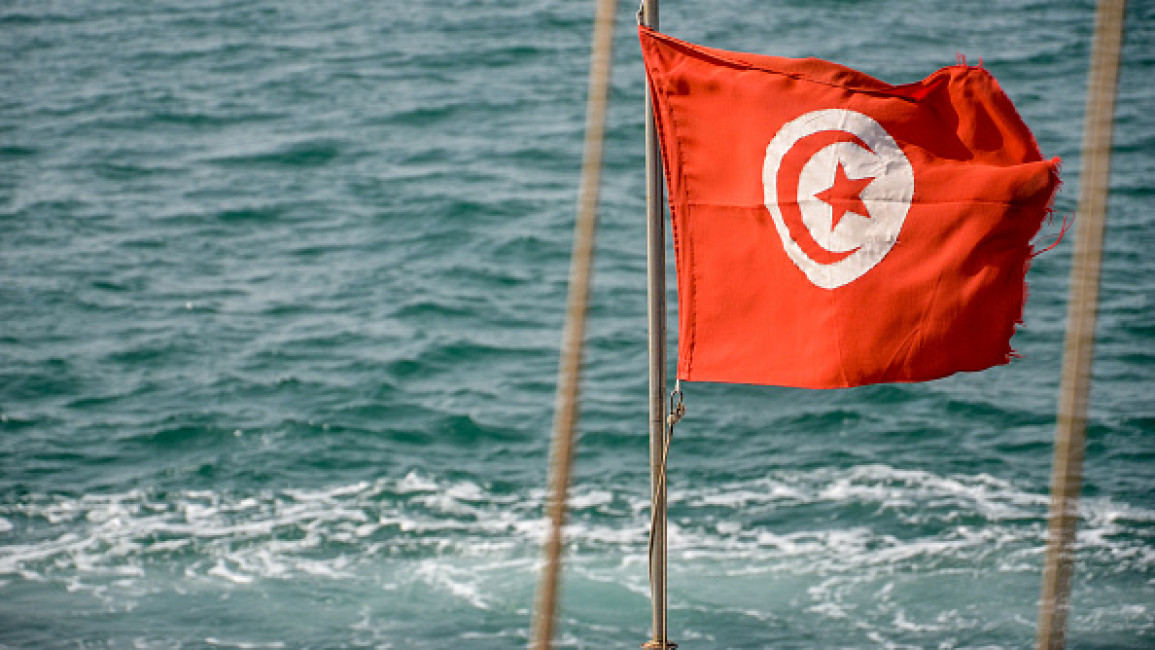Tunisia says 900 migrants drowned off its coast this year trying to reach Europe
More than 900 migrants have drowned off Tunisia's coast so far this year as they tried to reach Europe by boat, the North African country's government said Thursday.
The interior ministry said 901 bodies had been recovered by July 20 following maritime accidents in the Mediterranean Sea.
Tunisia has become a major gateway for irregular migrants and asylum-seekers attempting the perilous sea voyages in often rickety boats in the hopes of a better life in Europe.
The distance between Tunisia's second city of Sfax and Italy's Lampedusa island is about 130 kilometres (80 miles).
National Guard spokesman Houcem Eddine Jebabli earlier reported that almost 800 migrants had died by late June, and that more than 34,000 had been intercepted and rescued, most of them from sub-Saharan Africa.
Coastguard units had carried out over 1,300 operations - more than double the number of missions for the same period last year.
The interior ministry said over 550 "organisers and intermediaries" of human trafficking operations had been arrested so far this year.
The Italian government says that more than 80,000 people have crossed the Mediterranean to arrive on its shores so far this year, mostly from Tunisia and war-scarred Libya.
The central Mediterranean has become the world's deadliest migratory route, claiming more than 20,000 lives since 2014, according to the International Organization for Migration.
How the EU border regime designed a deadly migration journey
— The New Arab (@The_NewArab) June 27, 2023
By @nadine_talaat https://t.co/pdYtE4x8bM
As Tunisia has become a growing hub on the migrant route, racial tensions and violence have flared in the country of 12 million which is struggling with a deep economic crisis.
High inflation and unemployment have seen many Tunisians also try to flee their country.
Xenophobic attacks have repeatedly targeted black African migrants and students, fuelled by incendiary rhetoric from President Kais Saied.
Saied - who rules mostly by decree since a power grab two years ago - has alleged that "hordes" of sub-Saharan migrants were causing crime and posing a demographic threat to the mainly Arab country.
Earlier this month, as Sfax was rocked by racial violence, authorities loaded hundreds of migrants onto buses and left them stranded in remote desert areas near Algeria and Libya.
Human Rights Watch said up to 1,200 black Africans were "expelled or forcibly transferred by Tunisian security forces" to the border regions with Libya and Algeria this month.
Many migrants were left without water and food in heat that has topped 40 degrees Celsius (104 degrees Fahrenheit).
An AFP team in Libya, at Ras Jedir near the Tunisian border, on Wednesday encountered a group of about 140 African migrants who said they had been dumped there by Tunisian authorities.
"We are dying," said a Nigerian man who wanted to be identified only by his first name, George. "Please, I'm begging you ... Come and rescue us from this place."
Saied sacked the Tunisian government and froze parliament in a dramatic July 2021 move against the sole democracy to emerge from the Arab Spring uprisings.
The European Union this month offered Tunisia 105 million euros in funding to help it curtail illegal migration and return thousands of migrants to their countries of origin.


![Minnesota Tim Walz is working to court Muslim voters. [Getty]](/sites/default/files/styles/image_684x385/public/2169747529.jpeg?h=a5f2f23a&itok=b63Wif2V)





![Israeli strikes on Beirut [Getty]](/sites/default/files/styles/image_330x185/public/2176155077.jpeg?h=a5f2f23a&itok=Xq7ypWgM)
